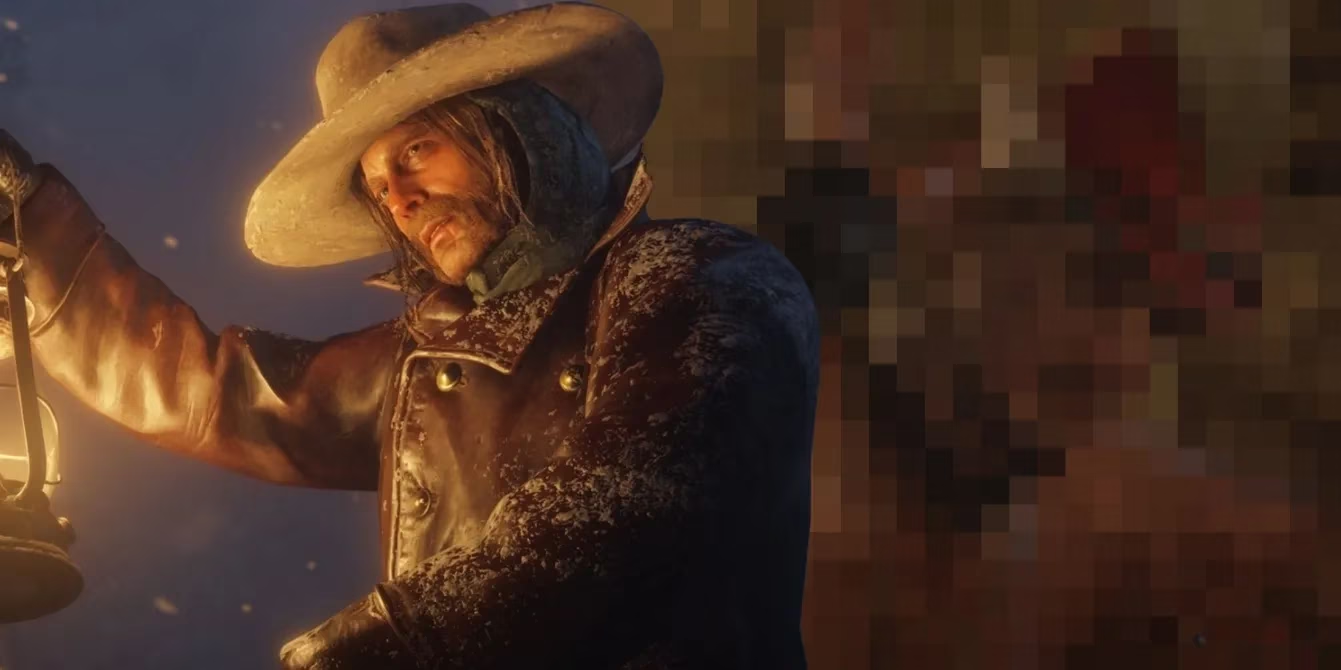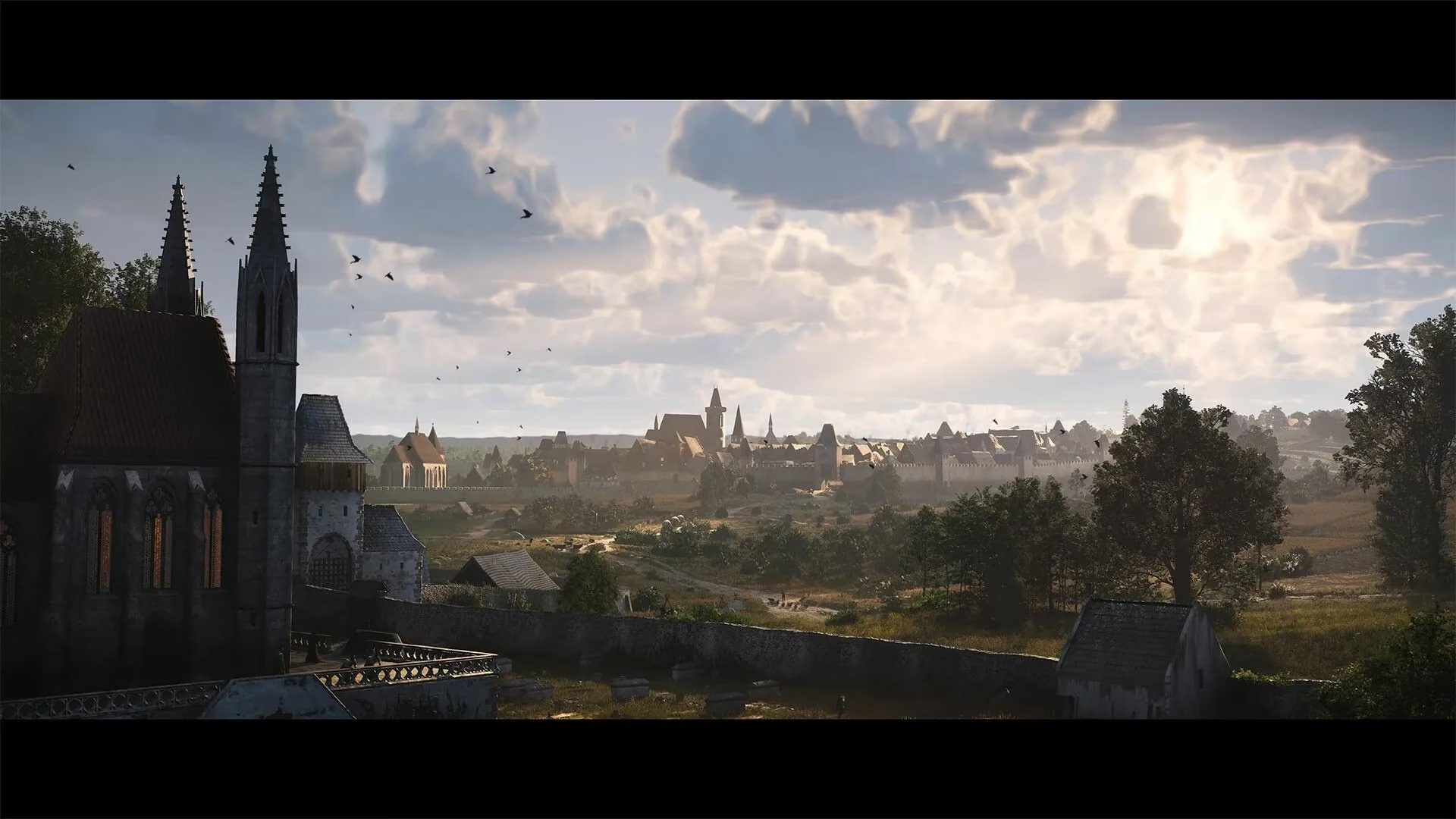The Poetry of Betrayal: Micah Bell and Vauquelin Brabant
Explore the haunting villains Micah Bell and Vauquelin Brabant, whose betrayal and manipulation redefine modern storytelling in gaming's dark landscapes.
As I wander through the digital tapestries of gaming's most haunting narratives, I find myself drawn to villains who leave acid-etched scars upon my soul. Not those tragic figures whose downfall sparks pity, but the venomous serpents who coil around trust only to strike when vulnerability peaks. Kingdom Come: Deliverance 2 and Red Dead Redemption 2 have gifted us two such masterpieces of loathing—Micah Bell and Vauquelin Brabant—who've redefined villainy in this modern era of storytelling. Their betrayals don't just advance plots; they become personal violations that linger like phantom pains long after controllers rest.

The genius lies in their slow reveal. Micah slithered into my consciousness wearing a gang member's guise, his true nature dripping through cracks like poisoned honey. That Strawberry massacre? A grotesque overture. His transformation from ally to architect of Dutch's paranoia felt like watching rust consume a blade—gradual, inevitable, corrosive. When the Pinkerton deal surfaced, it wasn't shock I felt but grim validation. This serpent had been nesting in our campfire's warmth all along.
Vauquelin’s deception cut deeper still. I remember Capon’s earnest pleas in Maleshov’s gloom—“He’s an ally!”—as Henry reluctantly unchained that wolf in nobleman’s robes. His silver-tongued tales of defending Kuttenberg felt almost heroic... until silver of another kind revealed his rot. That stolen Italian Court treasure became his Judas kiss, Adder’s blood the ink signing his true nature. When Praguer troops marched under his banner toward Suchdol, Samuel’s tortured cries crystallized my fury. Some choices require no deliberation.
People Also Ask
• Why do self-serving villains resonate more than ideological antagonists?
Because greed needs no translation—we recognize its stench instinctively.
• What makes Micah’s manipulation of Dutch so devastating?
It weaponizes loyalty against itself, turning brotherhood’s language into betrayal’s grammar.
• Are redemption arcs necessary for great villains?
Not for these vipers. Their irredeemable nature is the poison that makes catharsis medicinal.
Their parallels weave a dark poetry. Both masquerade as comrades while sharpening knives for friends’ backs. Micah’s corruption of Dutch’s mind mirrors Vauquelin’s exploitation of Capon’s honor. Neither fights for flags or faith—only the clinking weight of self-interest. I’ve slain dragons and warlords across countless realms, yet no victory ever tasted sweeter than John’s bullet finding Micah’s black heart or Henry’s blade silencing Vauquelin’s lies. Some evils demand visceral erasure.

In gaming’s evolving lexicon of darkness, these traitors represent a fascinating shift. Where older villains often roared their malevolence from castle thrones, Micah and Vauquelin whisper theirs from beside us at campfires and strategy tables. Their evil isn’t spectacle—it’s intimate violation. Rockstar and Warhorse Studios understand that the deepest cuts come from blades we invited past our guards.
Yet amidst the satisfying vengeance, I wonder...
When future game designers study these masterclasses in betrayal, will they grasp that true hatred blooms not from grand gestures, but from trust’s meticulous defilement?